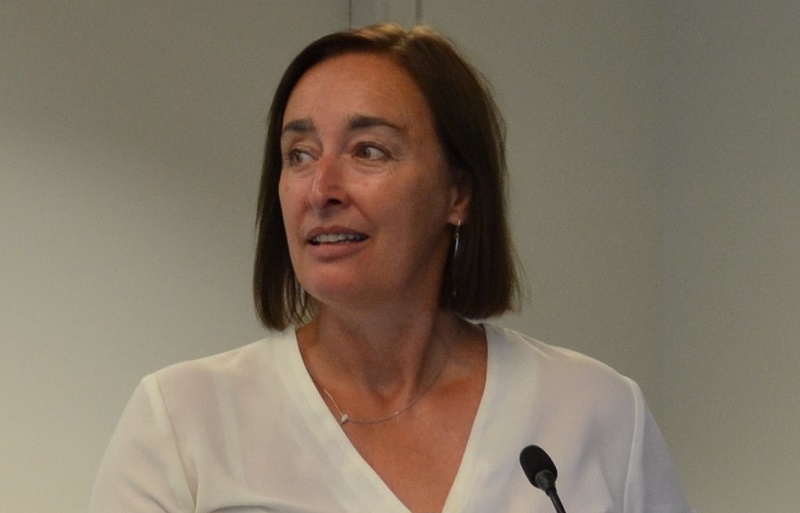
The London Road Safety Council (LRSC) has set out its vision to support casualty reduction in the Capital – warning that vulnerable road users face ‘unacceptable’ danger.
The LRSC’s Challenge Statement, authored by its president professor Nicola Christie, identifies key areas of work that councils, Transport for London (TfL) and other agencies need to address to bring about required change.
The statement has been written in light of current Covid-19 related challenges, including an expected 10-fold increase in the number of people cycling and a five-fold increase in levels of walking, according to TfL.
It also comes against a backdrop of statistics which show that between 2015-2018, the number of vulnerable road users killed or seriously injured in London nearly doubled from 2,092 to 4,065.
The LRSC says the current situation is unacceptable – and warns it could get worse if no action is taken.
The statement covers a number of issues, such as the rise of the gig-economy, the link between deprivation and road collisions – and public spending cuts which have seen road safety teams across London weakened, and in some cases disbanded.
In recent weeks the LRSC has been lobbying council leaders to urge them to restore road safety officers to post after time away supporting Covid-19 work – and putting pressure on TfL to restore funding to enable the resumption of cycle training.
Professor Nicola Christie said: “Now is the time when more than ever people will need to walk, scoot and cycle. We need to put safety at the heart of these new patterns of mobility.
“To do this we must develop our network of road safety practitioners and reach out to the most vulnerable in society. Only when we do this can we put our cities on the road to recovery and welcome a new era of sustainable living.”
The LRSC has established links with Trust for London to analyse the data and identify the links between road casualties and deprivation – while also setting up a working group to develop an action plan to ensure delivery of the statement.
Alderman Alison Gowman, chair of the working group, said: “There are many aspects of London life that highlight the inequalities and vulnerabilities of certain communities.
“Travel and transport is just one of these and we need to ensure that road safety measures and training are available to all.
“The challenge is to understand the need – which we hope that we can do by looking at the data – and promote the best practice for all.”
Safer infrastructure for walking and cycling is more needful than road safety officers putting up posters.
Paul Luton, Teddington
0